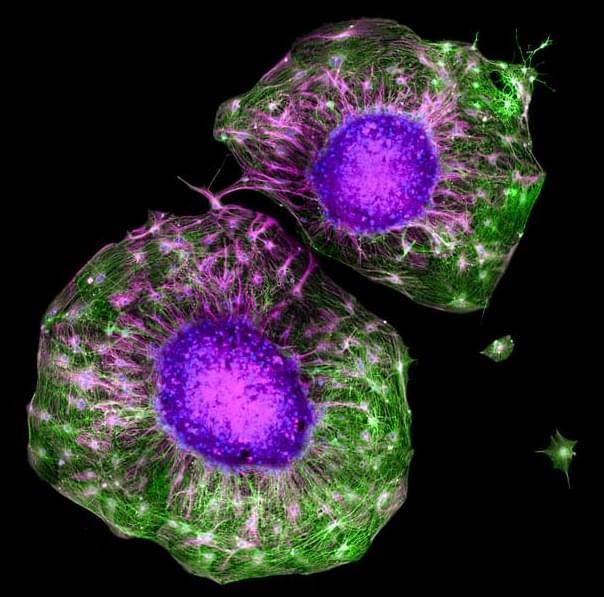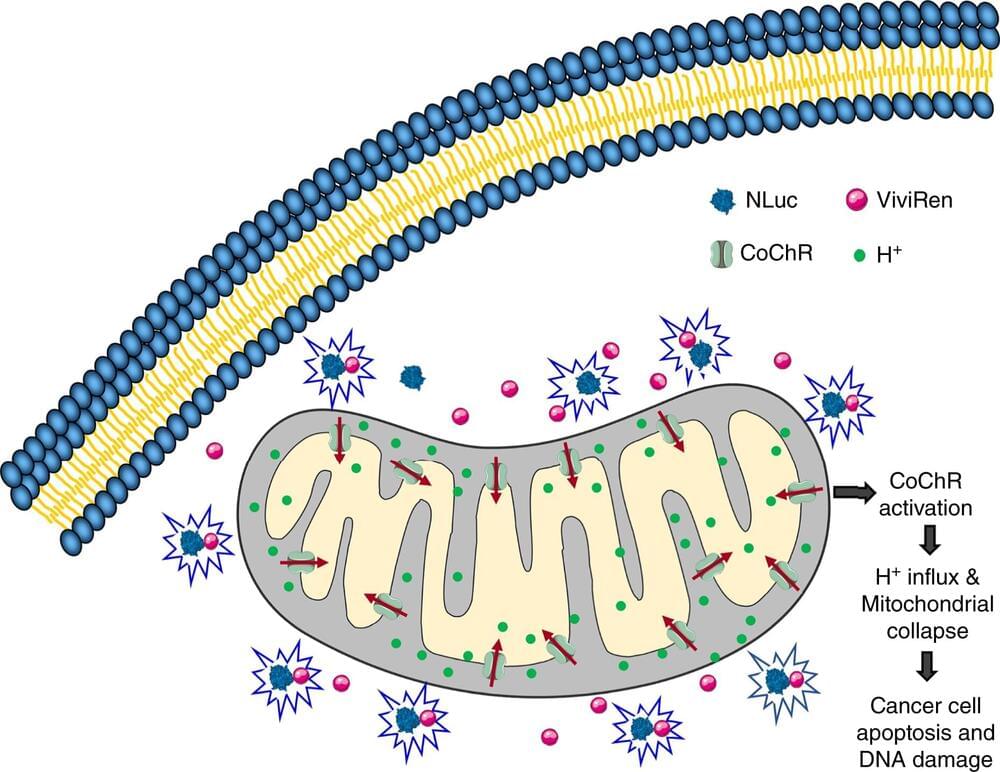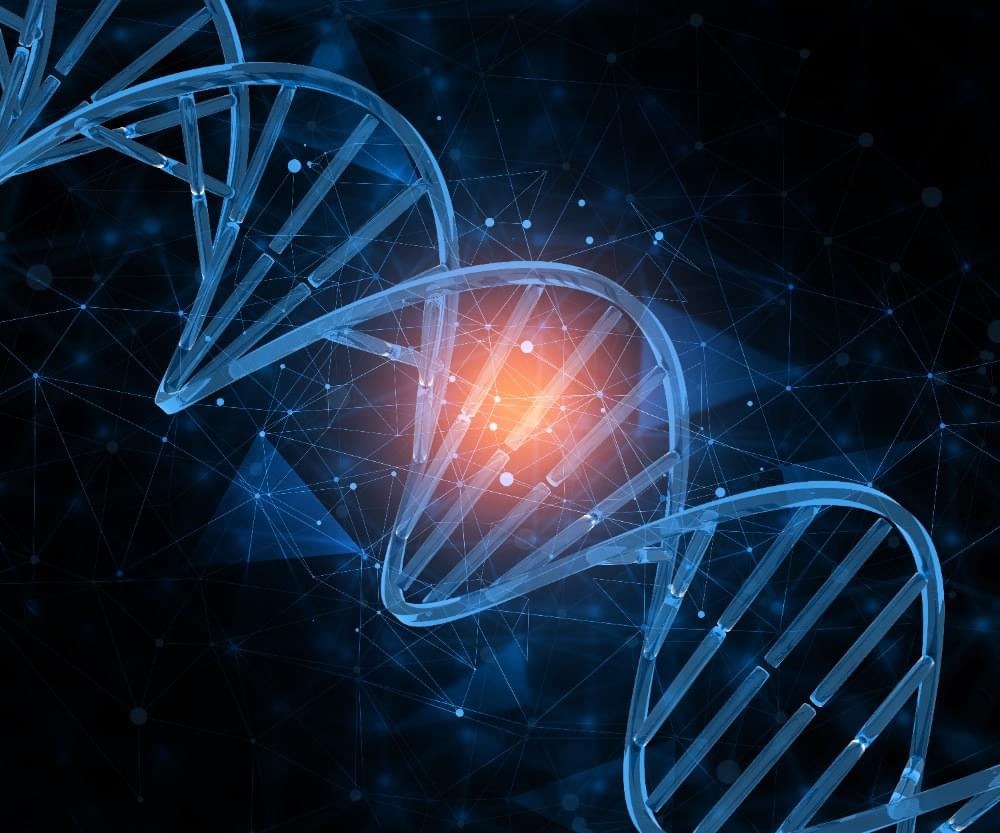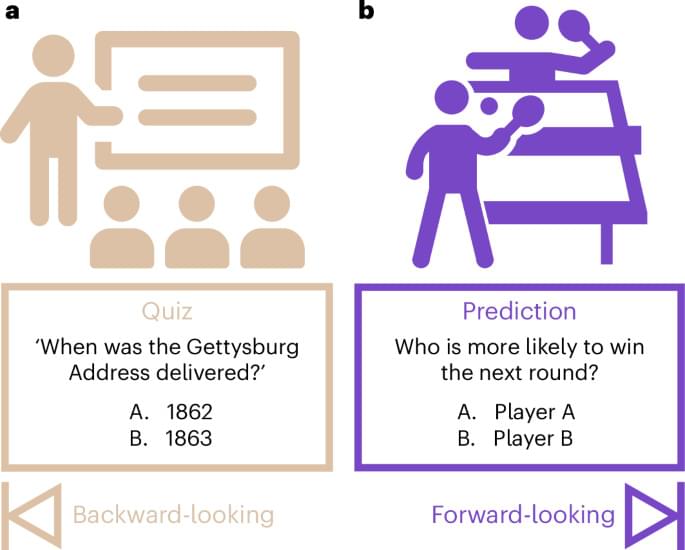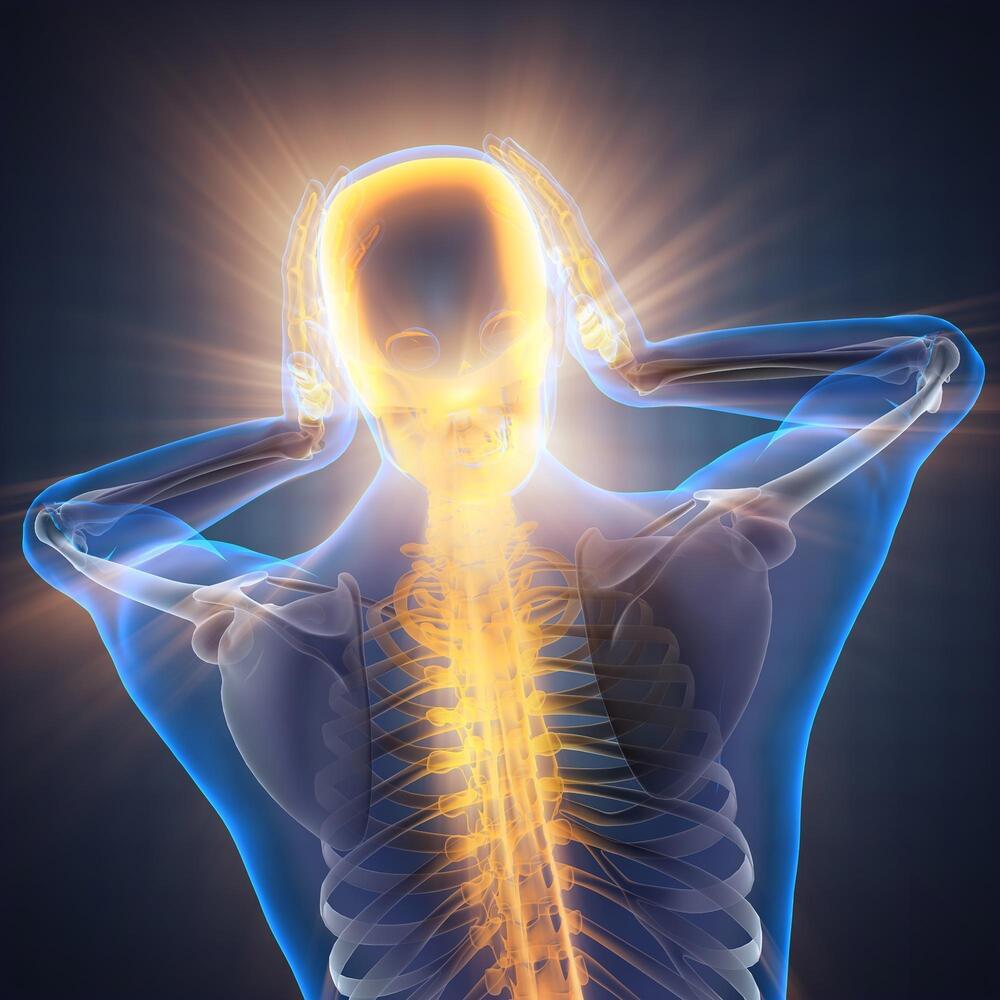Brain edema can accompany large ischemic strokes and can increase stroke-related morbidity and mortality. The past few decades have seen no advances in pharmacologic treatment of brain edema. These investigators conducted a manufacturer-funded, randomized, placebo-controlled trial of glibenclamide, a sulfonylurea 1–receptor inhibitor that can decrease brain edema. (Glibenclamide is approved to treat type 2 diabetes.) In a previous study, it was associated with fewer deaths from neurologic causes, but its use in patients with stroke is not widespread.
Eligible patients had large ischemic strokes that could be treated within 10 hours of onset. A large hemispheric infarct in at least the middle cerebral artery territory was defined as either an Alberta Stroke Program Early CT Score of 1 to 5 or lesion volumes of 80 mL to 300 mL on computed-tomography perfusion or diffusion-weighted imaging. Glibenclamide (8.6 mg) was given to half the study participants intravenously over 72 hours.
The study was halted early due to underenrollment. Of 535 enrolled patients, 431 were in the intended age range (18–70) and had complete data (mean age, 58; 33% women; median NIH Stroke Scale [NIHSS] score, 19). Treatment began at an average of 9 hours after symptom onset. No favorable shift with glibenclamide occurred on the primary outcome, the 90-day modified Rankin Scale (mRS). Mortality was similar in the two groups (glibenclamide, 32%; placebo, 29%). Hypoglycemia was seen in 6% of glibenclamide recipients and 2% of placebo recipients. Subgroup analysis revealed a signal of potential benefit with glibenclamide in patients with NIHSS scores of 20 or less.

